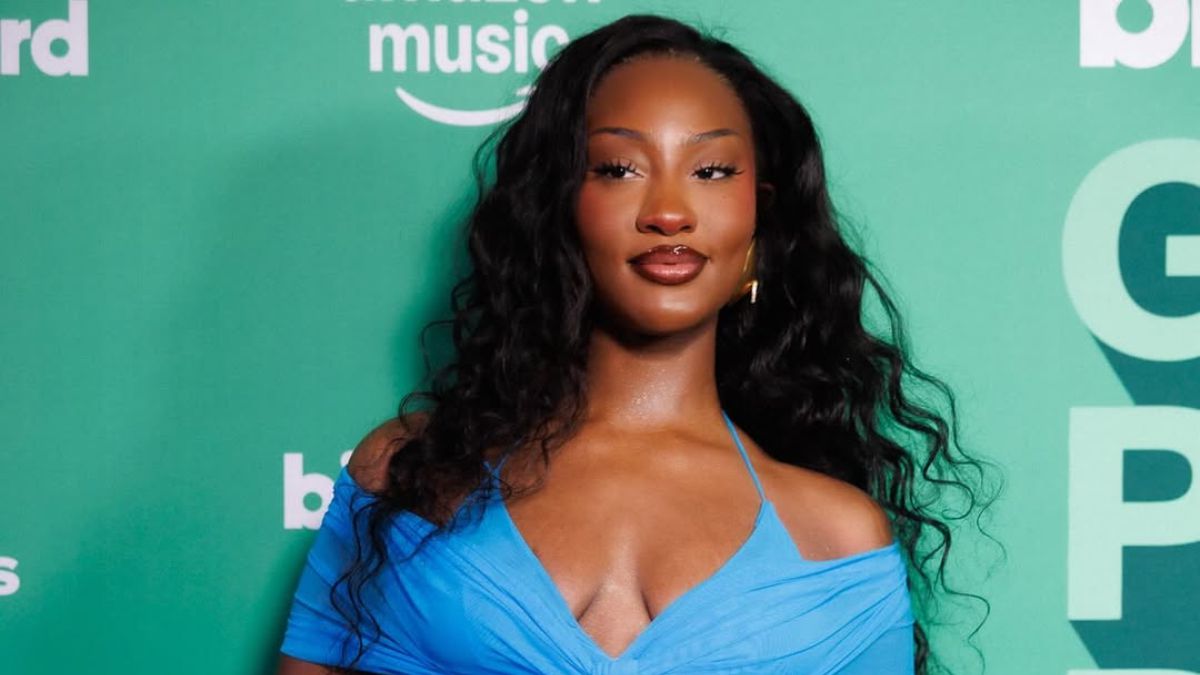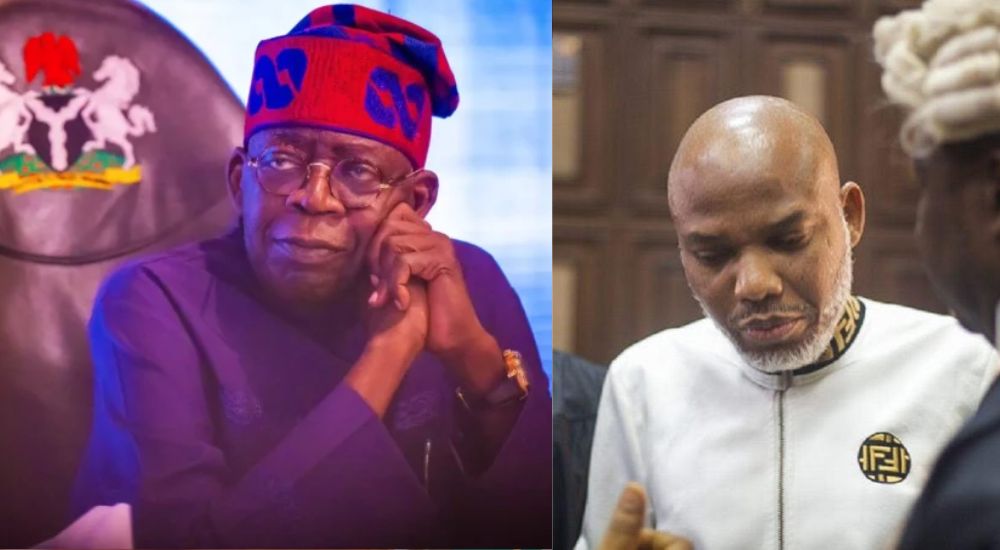OPINION: The Voice We Jailed — What If Nnamdi Kanu Isn’t The Problem?

They say the drumbeat of truth is loudest in the ears of the guilty—but in a land where silence is mistaken for peace, Nigeria has mastered the art of silencing the sound.
Here, the loudest voices are often the first to be chained. Critics aren’t countered with reason or reform—they’re caged, branded as threats and dragged into detention, as though the bars will bury the message.
It is against this backdrop that Prince Kanu, younger brother of the detained Indigenous People of Biafra (IPOB) leader, Mazi Nnamdi Kanu, has reignited public conversation by boldly claiming that his brother is not the country’s problem, but possibly the solution it needs.
At first glance, that may sound like a brother defending his family. But when you take a closer look at Nigeria’s current condition, Prince Kanu’s words begin to sound less emotional and more like a national reflection worth considering.
Let’s be honest: Nigeria is facing serious challenges — insecurity, unemployment, ethnic tension, weak institutions, and a growing sense of hopelessness. In the face of these realities, it is not outlandish to ask whether the government has focused too much on silencing voices like Nnamdi Kanu’s, instead of examining the root causes those voices raise.
Nnamdi Kanu has been called many things — from a freedom fighter to an agitator. Some blame his separatist message for contributing to instability in the South-East.
The government claims his rhetoric, especially through Radio Biafra, fuels division and poses a threat to national unity. For that reason, he remains in detention, facing a long list of legal and political battles.
Yet, as Prince Kanu argues, his brother’s real offence may be speaking too loudly about truths many prefer to ignore — issues like marginalisation, inequality, and the urgent need for restructuring.
“Mazi Nnamdi Kanu is not the problem of Nigeria; he is actually the solution Nigeria needs,” Prince Kanu said in a recent interview.
Whether one agrees or not, the remark forces us to ask: why are these ideas considered dangerous? And what does that say about our democracy?
Prince Kanu describes his brother as a prisoner of conscience — someone who is being punished not for committing violence or stealing from the public, but for expressing strong views about how Nigeria can be better. Even those who disagree with the IPOB’s approach must admit that there is a big difference between armed rebellion and ideological resistance.
And that’s the real dilemma: should we be jailing people for their ideas?
Nnamdi Kanu’s detention reflects a deeper conflict — between government control and freedom of expression, between protecting national unity and confronting uncomfortable truths. The Nigerian state is understandably wary of rhetoric that could lead to unrest. But history has shown that silencing dissent does not create peace — it only postpones the explosion.
In fact, the more the state pushes Kanu to the margins, the more followers he gains. And that alone should prompt the government to rethink its strategy. Suppressing voices like his might offer temporary calm, but it does not address the dissatisfaction that fuels their support in the first place.
Prince Kanu’s appeal to the international community is not just about securing his brother’s release. It’s a wider call for accountability — a reminder that how Nigeria treats its dissenters is a reflection of how it handles democracy.
Maybe the real issue is not whether Nnamdi Kanu should be released. Maybe the issue is: are we listening to what he and others like him are actually saying?
In a stronger, more confident Nigeria, ideas like Kanu’s would be challenged in open debates, not locked away in prison cells. The country needs courage — not just from activists, but from its leaders too. Courage to listen. Courage to engage. Courage to build a nation where dissent is not a crime.
We don’t have to agree with everything Kanu says. But we cannot keep ignoring the issues he raises. Because in silencing him, we might just be silencing the very questions Nigeria needs to answer most.
And if history teaches us anything, it is that those seen as troublemakers today often turn out to be the visionaries of tomorrow.
Eucharia Chionye Newman is an Umuahia-based reporter eucharia23c@gmail.com
Disclaimer: This article is entirely the opinion of the writer and does not represent the views of The Whistler.
OPINION: The Voice We Jailed — What If Nnamdi Kanu Isn’t The Problem? is first published on The Whistler Newspaper




